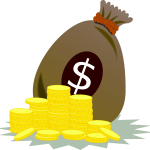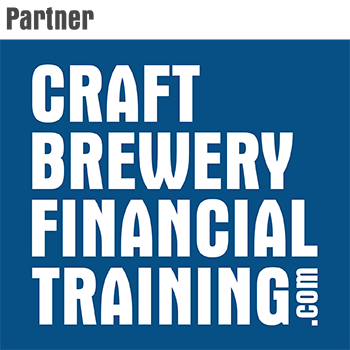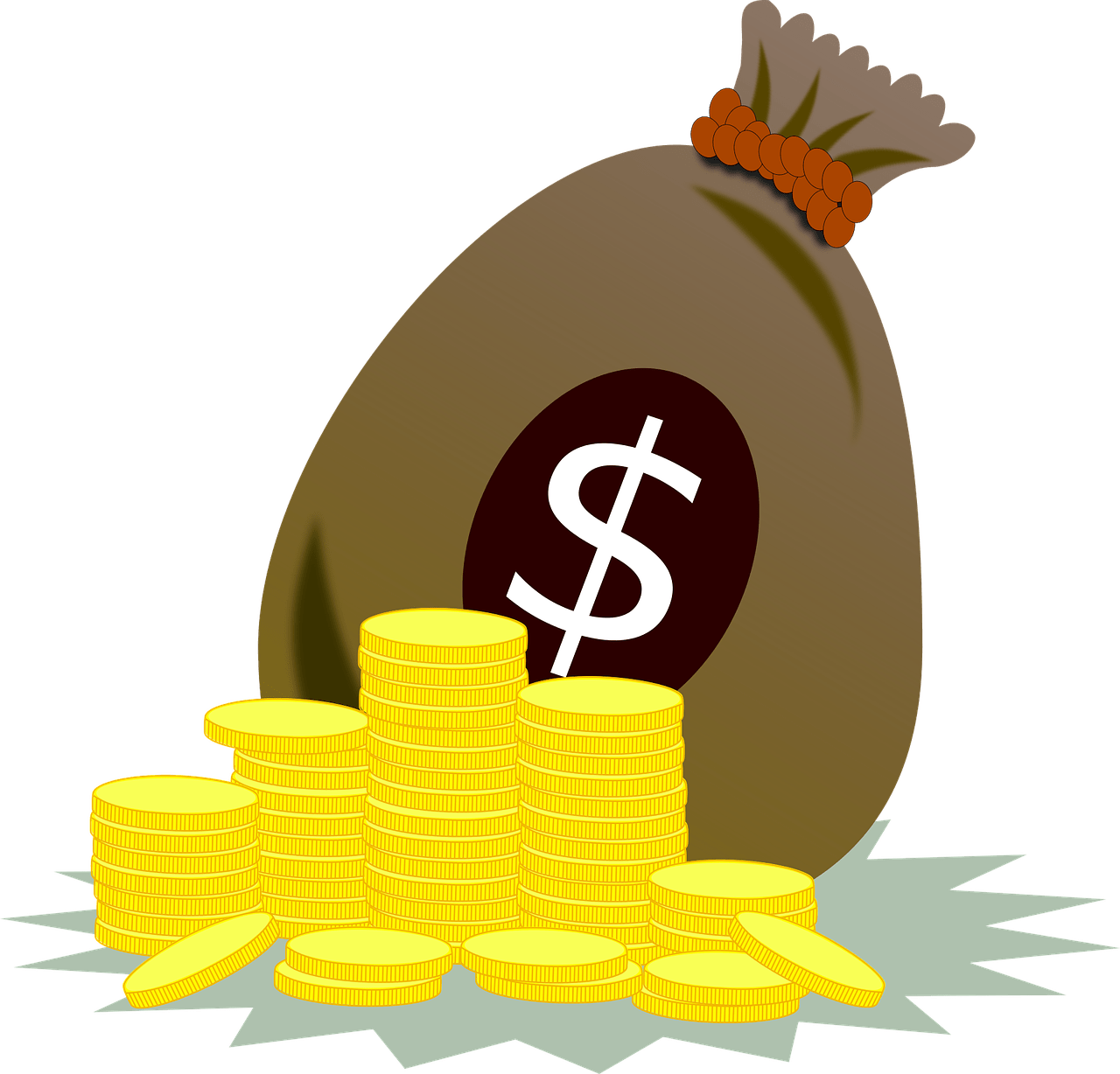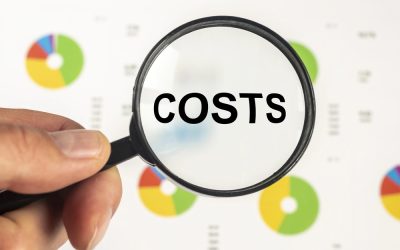 How to Increase Beer Distributor Value
How to Increase Beer Distributor Value
“Our favorite holding period is forever.” -Warren Buffet
Creating business value is the most important thing you can do for your company. However, few distributors try to purposefully build value until it’s time to sell the business. By then it’s too late.
How do you measure business value? What are the factors that influence the number? What can you do today to improve it?
So many questions. Read on for answers.
Over the next few newsletters we’ll take a look at business value from different angles:
- The Magic Formula to Create Value
- How to measure your beer distributor value
- How to increase the value of your company
- The importance of business value when you want to sell: Steps you can take today to make ready for a sale
- The importance of your business value when you want to buy: Steps you can take today to make ready for a purchase
Whether you’re considering a business sale or not, learning how to increase your company’s value will lead to an immediate improvement in business results.
The Magic Formula to Create Business Value
The Magic formula to create business value begins with the basics: profit and cash flow. The good news is, if you can do the things you ought to be doing anyway (improving profit and cash flow) the increase in business value will usually follow.
Profits can be increased quickly by a number of methods: eliminating personnel, reducing benefits, or cutting expenses. However, value creation requires a big picture view. You can increase profits this month or this year by reducing personnel, but how does that affect the value of the company in the longer term?
Cash flow can be quickly increased by a number of methods as well: selling off assets, offering discounts for early-payment on accounts receivable, or delaying payment of accounts payable.
But think carefully, what will these decisions mean for the value of the business?
Profit is for today, but business value is forever.
Value is the assuredness that the profits will continue on and on. Value equates to strength, and strength provides options; options to sell, or continue running a solid business. It’s nice to have options.
The Magic Formula to Create Value is to make decisions that take into consideration all three goals: profit and cash flow today, with sustainable value creation for the future.
So, whether you’re a seller, buyer, holder, or just not sure, a focus on creating business value will serve you well.
How to measure business value
In order to increase business value, we first need to know how to measure it. Profit and cash flow are easy to measure, but business value is tricky.
Profit shows up at the bottom of every income statement, and cash flow shows up on the cash flow statement (imagine that). We see these numbers regularly on the financial statements, and have a clear picture of what they look like.
So, where does business value show up?
Unfortunately, the financial statements don’t give us an answer for that one. Our traditional financial statements measure income, expense, profit, cash flows, assets, liabilities and equity. The closest thing to a business value on the financial statements is equity, also known as the net worth of the company.
While equity or net worth sounds promising as a possible answer to identifying business value, it’s not a true measure of market value. To find out the business value, you have a few options:
- Hire a valuation expert
- Do it yourself with the Curiosity Valuation
Hire a valuation expert
If you hire an expert, you can expect a thorough, detailed report on the value of your business. The report will detail how the value was arrived at, and what factors influence the number.
However, this information does not come cheaply. Prices on a valuation report will vary, but expect to pay north of ten thousand to get a good, quality report from a certified valuation expert.
There are different ways to measure business value, and each method may provide a different answer. By definition, a business valuation is just an estimate, and can change dramatically depending on the assumptions that are used. Further, the valuation itself can be widely different from what the market is willing to pay.
The most accurate value of your business is what a buyer is willing to pay for it.
A buyer makes an assessment of what the business is worth, makes an offer, then you both negotiate towards a purchase. Tough to argue with this market rule, but it doesn’t help in measuring value while you still own the business. So, valuation experts have come up with commonly accepted ways to measure value.
- Excess earnings method
- Discounted net cash flow return on investment
- Capitalization of Current earnings method
The one thing all these have in common is that they sound really confusing. To simplify, the goal of a valuation is to determine how much cash the business will generate, and whether it is a good return on investment.
Wrap Up + Action Items
The report that gets produced by a valuation expert is helpful in determining value. The report has credibility because its prepared by a certified valuation expert in accordance with generally accepted valuation guidelines.
- The pros: you’ll get a professional report, prepared by a certified valuation expert, generally accepted standards used to establish the valuation
- The cons: It is expensive, time-consuming, and not updated regularly. This is fine if you want a one-shot look at your business value, but not helpful for reporting tool to measure ongoing business value creation
If you’re ready to begin marketing your business, a professional valuation is a good place to start.





